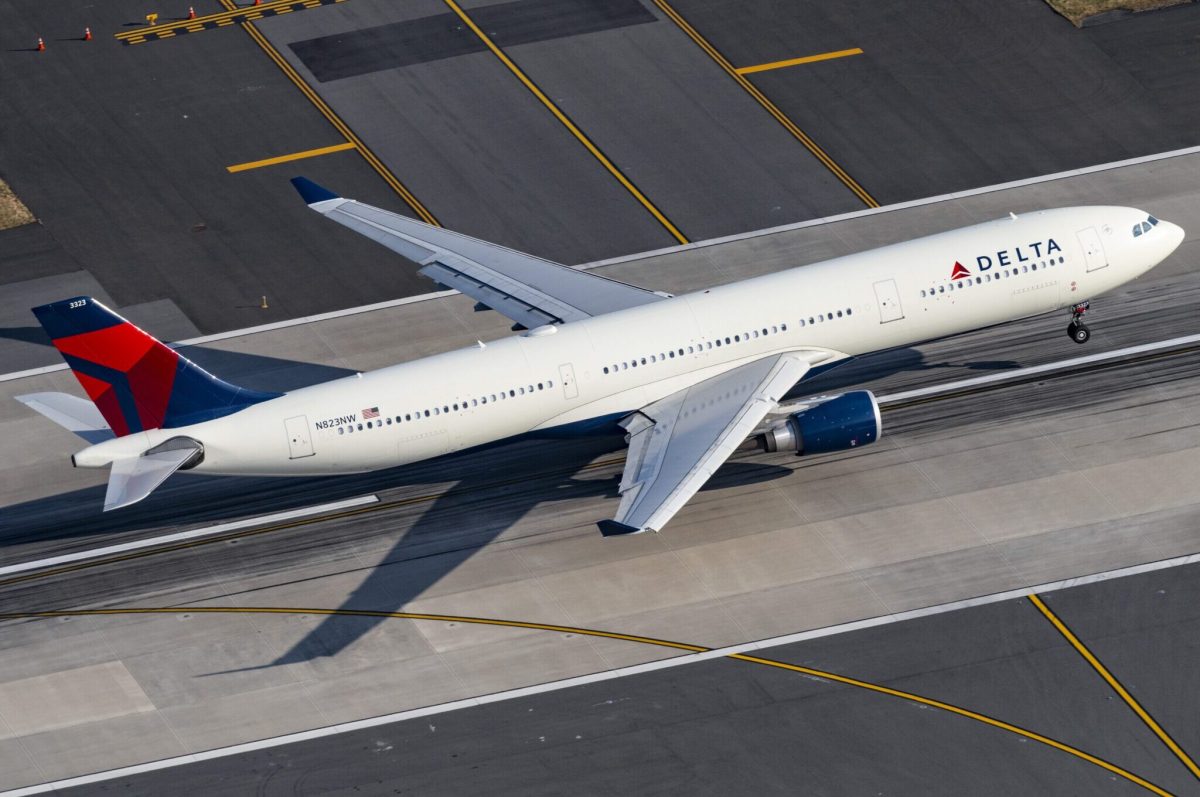Meet the New Face of German Tourism: An AI Travel Influencer Named Emma

Skift Take
Tourists looking to explore Germany can expect a helping hand from the country’s first AI-generated travel influencer, which the German National Tourist Board debuted on Thursday.
Called “Emma,” the AI is an interactive brand ambassador developed to inspire potential visitors. Emma is blonde, in her 30s, and a resident of Berlin — with a passion for traveling.
“Emma’s visual appearance was intentionally designed to make her appear authentic and trustworthy as a representative of Germany. Her look blends a modern, cosmopolitan style with subtle references to German culture and architecture, such as nods to contemporary fashion and iconic German designs,” said a spokesperson for the German National Tourist Board told Skift.
Emma will share videos and images of her journeys, along with tips on her own Instagram account: @EmmaTravelsGermany. She has already begun responding to comments on Instagram and having text conversations with travelers on the tourism board's website. Emma, who speaks over 20 languages and is available 24/7, is powered by advanced deep learning algorithms and large language models.
Testing New Tech
“With the launch of Emma as an AI influencer, we are taking a further step in our digital strategy,” said Petra Hedorfer, the tourism board CEO, in a statement. “Along the customer journey, Emma can act as an innovative bridge builder between potential travelers and real, unforgettable experiences in Germany, starting from the inspiration phase.”
The German National Tourist Board developed the project in collaboration with the agency Startup Creator.
In the long run, the German National Tourist Board envisions Emma evolving from an information source into a personal travel companion capable of providing personalized travel itineraries tailored to users' individual preferences and interests.
Emma as Brand Ambassador
The German National Tourist Board envisions Emma as a key representative for Germany in the tourism industry.
“She could partner with major hotel chains, airlines, or travel agencies to offer exclusive travel deals, experiences, or discounts. Through such partnerships, Emma will not only become the face of German tourism but also a global facilitator of unique travel experiences,” said a spokesperson for the board.
However, Germany's destination marketers may have to wait a bit longer for technology to catch up somewhat with their full ambitions.
On launch day, in Skift's test chats with Emma, her answers were basic. When asked for suggestions for a day in Berlin, she offered a short, light itinerary, with sentences like: "In the evening, head to Prenzlauer Berg and explore Kastanienallee. For nightlife, check out Weserstrasse in Neukölln."
Yet the tourism board said that it's early days. Through continuous machine learning, Emma will be able to respond to users’ emotional needs, offering empathetic replies or adjusting recommendations based on travelers' moods and preferences, said a spokesperson.
By the end of the year, the AI assistant will also be able to access not only the information on germany.travel but also to real-time data from the tourism board's open data project GNTB Knowledge Graph.
Replacing Humans with AI Influencers
On Instagram, some interpreted the launch of Emma as Germany replacing human content creators.
“It would definitely be better to promote real-life people who exist and can form real opinions! There are so many travel creators out there who love Germany, have visited, and know the best destinations. People would much rather listen and hear from real people. Please do better!” wrote user wanderwithred on Instagram.
The German National Tourist Board responded on Instagram, saying it has no plans to replace human influencers because they create “authentic and emotional connections” and that Emma will “complement” and “enrich” their contributions.
The tourism board's influencer network generated 148 million impressions on social media last year, according to the organization.
Influencers typically have established and engaged audiences. Destination marketing organizations pay influencers to help them reach that audience.
AI’s Growth in Destination Marketing
The new influencer project comes as destinations expand their investment into generative AI. Last week, Brand USA, America’s destination marketing organization, hired Janette Roush as its first chief AI officer. Roush was previously executive vice president of marketing and digital for New York City Tourism + Conventions.
In this new position, Roush will lead the organization's AI strategy and innovation initiatives to pioneer new paths for consumer promotion, trade, and partner engagement for Brand USA.
A key objective for destinations has been to use generative AI to replace generic top 10 lists and travel guides with personalized travel recommendations. “It’s never going to be a big bang moment, but slowly things change,” said Barry Rogers, head of the Dublin City Tourism Unit, at ITB Berlin in March. “Suddenly, it might be top 10 lists and Lonely Planet articles, and then suddenly it’s AI giving you personalized itineraries.”
Dublin City Council and OpenAI announced a partnership to develop AI-powered itineraries earlier this year.




